According to the company’s financial report, revenues declined slightly, while both operating profit and net profit recorded strong growth during the period.
Baosteel’s total sales revenue fell by 4.3% year-on-year to 232.46 billion yuan (approximately USD 32.7 billion). Meanwhile, operating profit rose by 31.3% to 11.46 billion yuan (around USD 1.61 billion), and net profit increased by 35.3% to 7.96 billion yuan (about USD 1.12 billion).
The company attributed this significant increase in profitability to rising demand in the automotive, energy, and high value-added specialty steel segments, as well as to efficiency optimization in production processes and declining raw material costs. Baosteel continues to strengthen its competitive advantage by shifting its product portfolio toward high-strength and low-carbon steels.
The report also indicated that operating expenses decreased compared to the same period last year, while gross profit margins improved. Baosteel noted that domestic steel demand in China remained stable in the second half of 2025, with particularly strong sales in automotive steel and electric vehicle materials.
The company’s management emphasized that in the fourth quarter, it will continue to expand the share of high value-added products and invest in digital transformation and carbon-reduction projects. Under its “green transformation strategy,” Baosteel has accelerated R&D efforts on hydrogen-based steelmaking and low-emission technologies.
Despite global steel market volatility, Baosteel expects to close 2025 with solid financial results, supported by China’s increasing infrastructure spending and industrial production growth.


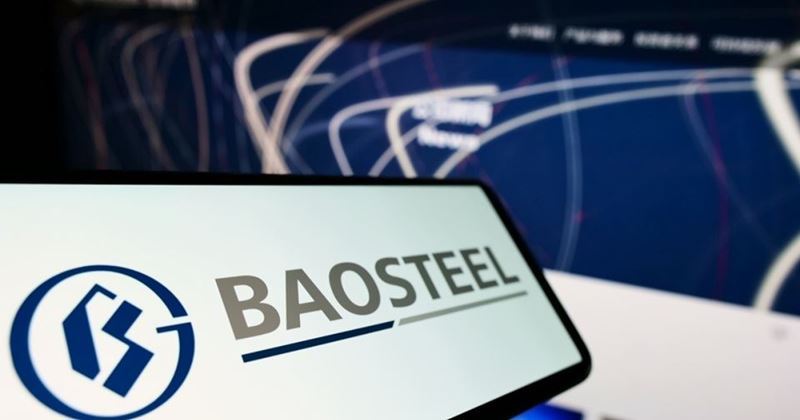

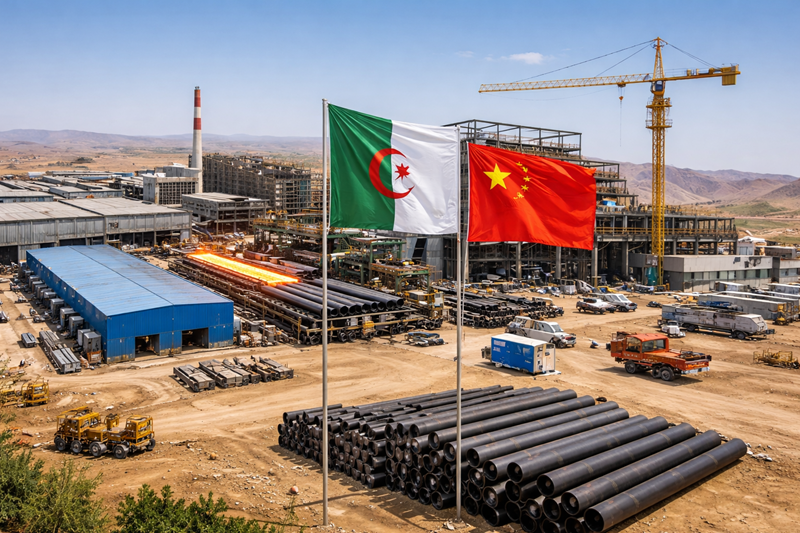
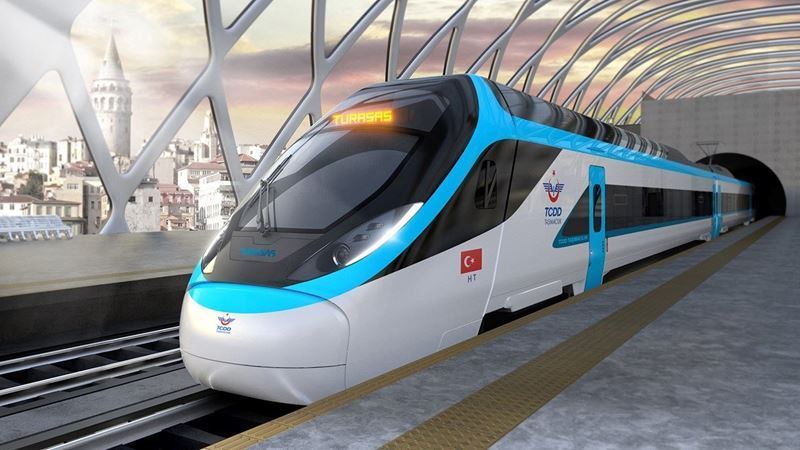
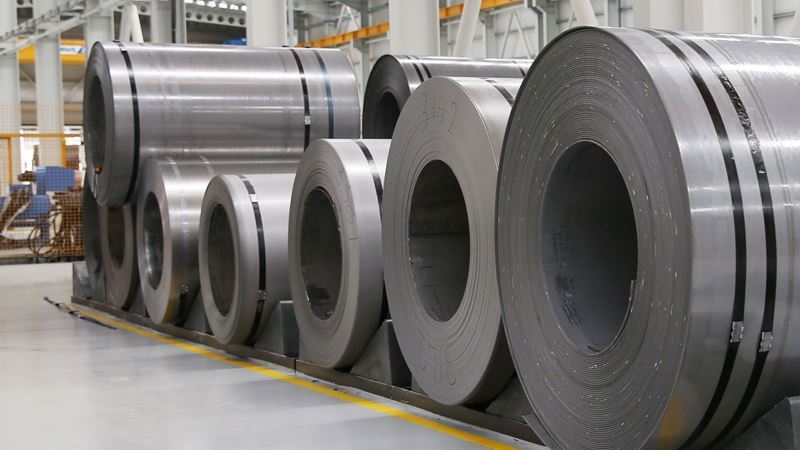

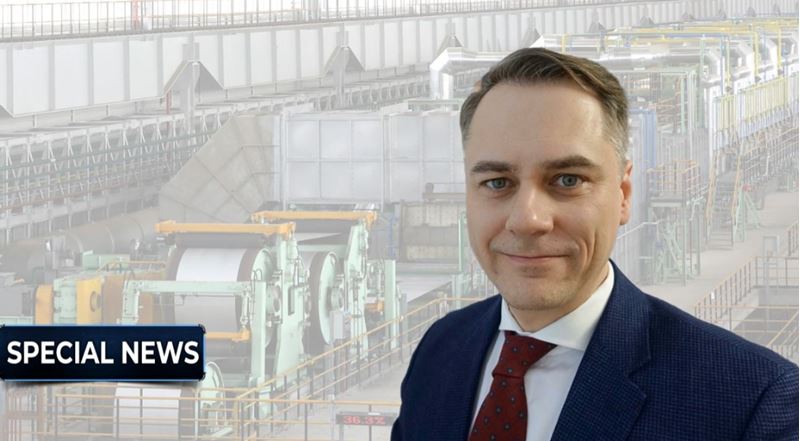


Comments
No comment yet.